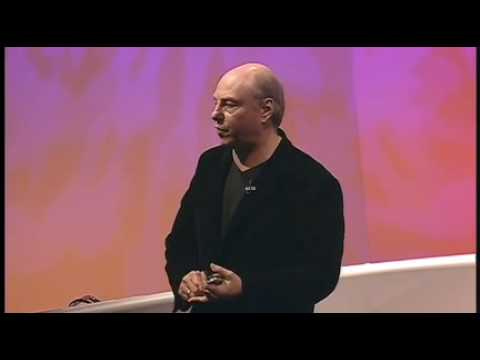Our lives need more BEAUTY (2) and less drama
Beauty is necessary for and indicative of an advanced society
“We shouldn’t blame the vandals, as this [ugly building] was built by vandals. Those who added the graffiti merely finished the job.”
This is Part2 on the theme of beauty in our public and personal lives; see Part1: Societal Architecture as Language of Life Experience and Health Outcomes (linked below1) for previous/additional discussion and a quick outline of Kunstler’s video presentation (provided again below).
1. Public beauty is necessary for physical, mental, and social health and is indicative/suggestive of an advanced and sustainable society; beauty is not necessary for consumerism, wealth, or technology
“In James Howard Kunstler's view, public spaces should be inspired centers of civic life and the physical manifestation of the common good. Instead, he argues, what we have in America is a nation of places not worth caring about.” TED2004, transcript2
James Kunstler’s infamous 2004 TED presentation “The ghastly tragedy of American suburbs: How bad architecture wrecked cities” continues to hit the nail on the head in both its description of the problem and also his clear enumeration of solutions.
2. Beauty sustains and inspires us; ugliness and “lack of place” leaves us feeling lost and as if we ourselves are expendable, disposable
Like Kunstler’s presentation (above), Dr Roger Scruton’s presentation (below) is also hard-hitting. My favorite quote from his documentary is his observation that people crave to be in beautiful places and will find a reason to be in them (including working) because they are fulfilling; in contrast, people are repulsed from poorly designed spaces “because they are so damned ugly” and that the true vandals of such buildings are not the kids who spray graffiti but the unskilled architects and city planners who set the stage with such repulsive and abandonment-destined public spaces:
“The results prove that if you consider only utility, the things you build will soon be useless. This building is boarded up because nobody has a use for it and nobody has a use for it because nobody wants to be in it. Nobody wants to be in it because the thing is so damned ugly. Everywhere you turn there is ugliness and mutilation. The offices and bus station have been abandoned. Everything has been vandalized. But we shouldn’t blame the vandals, this place was built by vandals and those who added the graffiti merely finished the job.”
I have archived this video on my personal account and have also enabled downloading:
I’ll also provide a redundant embed of the video to ensure it remains available:
3. Beauty is necessary for an advanced society
The most enthusiastic endorsement of the importance of beauty is probably Nietzsche’s Birth of Tragedy, which was his first book (written at the age of ~27) and was clearly an indicator of his prodigious brilliance, his grammatical eloquence, his indifference to conformity, and his encyclopedic mastery of history, mythology, and philosophy. Such a book could be expected to produce 1) indifference among people not familiar with Nietzsche’s level of nuanced conversational fluency and 2) jealousy-incredulity among professional philosophers who had never beheld such a work.
Personally, I find the work to be brain candy (see previous discussions on brain candy3 4 5) due to the flood and flow of vocabulary and concepts, but I soon disconnect due to the overload, although I think that I leave better for the exercise, the psychehormetic6 benefit. I’ve tried different translations and audio versus print formats, but regardless of which media, I have to experience the work as Nietzsche himself advised for all philosophical problems:
"I approach deep problems like cold baths—quickly into them and quickly out again.
Beauty is important for our physical and mental health outcomes—see part1
4. Calling expense and dependence “freedom” and “independence” is great marketing
As noted in this quick video (at the end of this page) which mentions Kunstler’s work (including his writing on the topic), the combination of bad city planning and overdependence on private cars keeps people trapped in vicious cycles of urban sprawl and car dependence, the latter of which we’ve been taught to be proud of as symbolic of our “independence” and “responsibility”, although we are paradoxically completely dependent on the auto-fuel industry, and the poor use of resources is anything but responsible.
I coined the phrase psychehormetic on 31 Aug 2022 and will distinguish it from psychohormetic in an upcoming short post.




